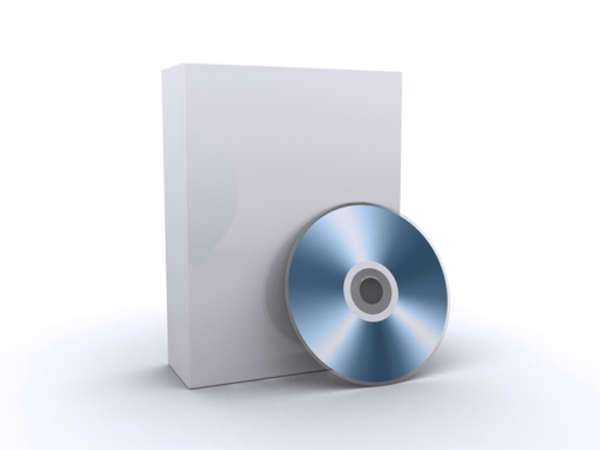Make Life Simple with Property Management Software
Property management software is quickly becoming one of the most utilized software packages by property managers, land-lords, and even private property investors. Property management software has been created by a number of different companies to improve property transactions, track finances, record data, and boost accountability.
The rudiments of property management software are: renters being able to pay bills online, landlords being able to track finances, and keeping records of all correspondences.
First, by having the renters be able to pay their rent online, this provides both renter and landlord with a digital copy of the transaction. The benefit of this is to provide records if there is a dispute between the tenant and landlord over unpaid accounts.

Landlords using property management software are able to track the overall financial status of the estate. Property management software is tailored to the type of establishment being run; condos and apartment buildings have their own set of financial transactions that have to occur, and residential has its own.
By purchasing the type of property management software specified for one's estate, they can properly account for all the money they bring in and all the expenditures required.
More advanced types of property management software will do the fundamental calculations and recording of information for transactions, as well as set up separate folders to organize files in, and even send reminders to the landlord or tenant regarding payment dates.
This type of software helps to streamline all of the transactions of property management into one program on the computer, thus eliminating the need for paper copies, receipts, and various other papers that can be lost, damaged, and cause issues regarding record keeping.